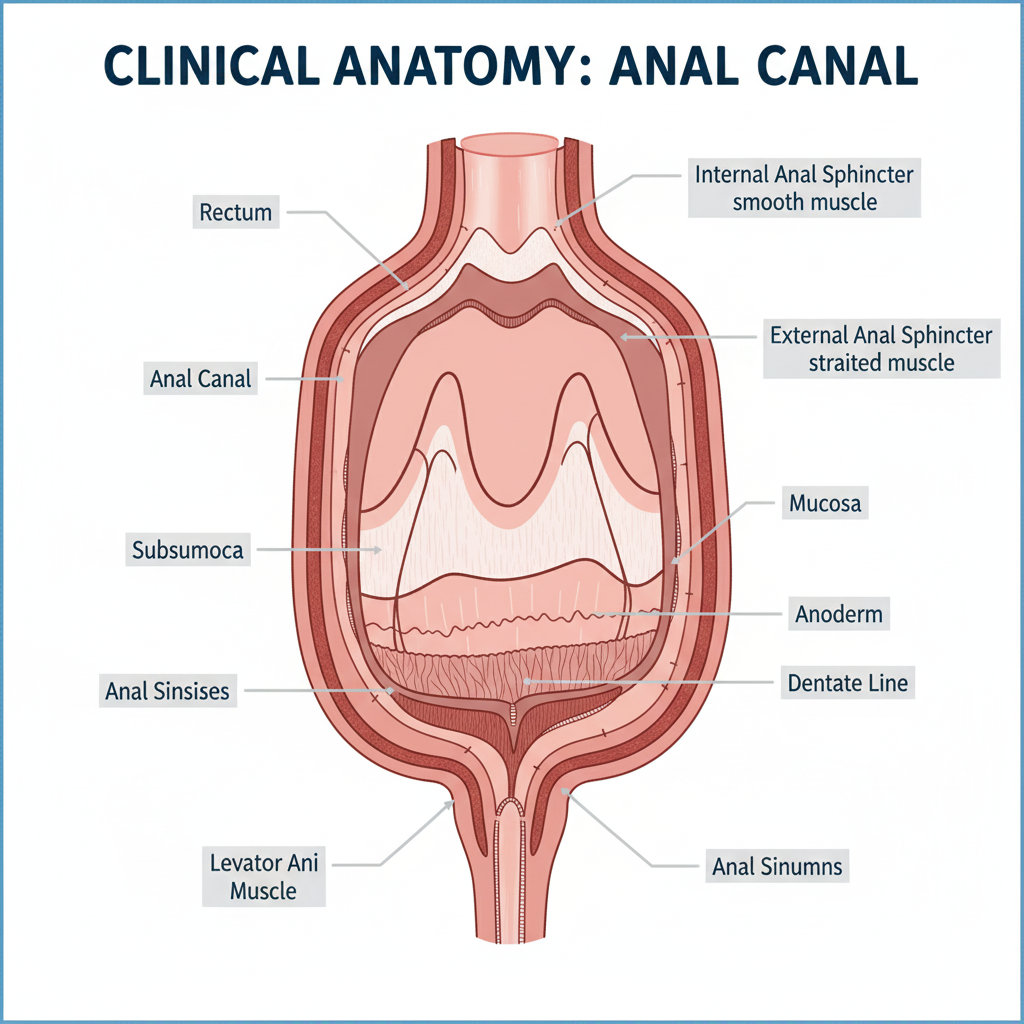Anal sex is a topic that many people are curious about but feel uncomfortable discussing. However, understanding the facts about this intimate activity is essential for anyone who is sexually active or considering it. This article will explain what anal sex is, the potential risks involved, and how to practice it safely.

What Is Anal Sex?
Anal sex is the act of inserting a penis, finger, or sexual device into someone’s anus for sexual pleasure. This practice is common among both heterosexual and homosexual couples. Despite what many people think, anal sex is not exclusive to any particular sexual orientation. Studies show that a significant number of Americans have tried or regularly engage in this activity.
The anus and rectum are part of the digestive system and are designed for elimination, not penetration. This is an important fact to understand because it explains why certain risks exist and why safety precautions are so necessary.

What Could Go Wrong
Like any sexual activity, anal sex comes with certain risks that everyone should be aware of. Being informed helps you make better decisions and take proper precautions.
Pain and Discomfort
One of the most common concerns about anal sex is pain. Unlike the vagina, the anus does not produce natural lubrication. This means that without proper preparation, anal sex can be quite uncomfortable or even painful. The anal sphincter muscles are designed to stay tight and only relax during bowel movements. During anal sex, these muscles need time to relax and adjust.

The good news is that pain can be significantly reduced or even eliminated with the right approach. Using a generous amount of artificial lubricant is essential. Water-based or silicone-based lubricants work best. Taking time for foreplay and going very slowly allows the muscles to relax naturally. Communication between partners is key. If something hurts, it is essential to stop, slow down, or adjust.
Tearing and Injury
The tissues in the anus and rectum are delicate and sensitive. They can tear more easily than vaginal tissue. This is especially true if penetration happens too quickly, without enough lubrication, or if the activity is too rough.
Small tears in the anal tissue are not uncommon, though they are usually minor. However, these tears can be painful and may take time to heal. In rare cases, more serious injuries can occur. The best way to prevent tearing is to use generous amounts of lubricant, proceed slowly, and stop if you experience any pain or discomfort.

Bleeding
Bleeding during or after anal sex can happen, though it is not very common when proper precautions are taken. If bleeding occurs, it is typically caused by small tears in the anal tissue. The blood might appear on toilet paper or in the stool afterward.
Minor bleeding typically stops on its own, but if bleeding is heavy or continues, it is essential to see a doctor. Persistent bleeding could indicate a more serious injury that needs medical attention.
Risk of Infections
The risk of infection is higher with anal sex compared to some other sexual activities. This is because the rectum contains bacteria that are normal for that part of the body but can cause infections if they spread to other areas.
Sexually transmitted infections (STIs) are a significant concern. The risk of transmitting HIV, herpes, gonorrhea, chlamydia, and other STIs is higher during anal sex than during vaginal sex. This is because the anal tissue is more fragile and can develop small tears that allow infections to enter the bloodstream more easily.
Using condoms is one of the most effective ways to reduce the risk of STI transmission. It is essential to use a new condom every time and never to reuse condoms. If you are using sex toys, make sure they are clean and consider using condoms on them as well.
Other types of infections can also occur. For example, bacteria from the anus can cause urinary tract infections if they spread to the urethra. Never go directly from anal contact to vaginal contact without thoroughly washing or changing protection first.

Long-Term Health Concerns
There are some concerns about the long-term effects of regular anal sex. Some worry that frequent anal sex might cause the sphincter muscles to weaken or lead to incontinence. However, medical research has not found strong evidence that careful, consensual anal sex causes permanent damage when done correctly.
That said, frequent or rough anal sex without proper care could potentially contribute to problems like hemorrhoids or anal fissures over time. The key is moderation, with a focus on prioritizing safety and comfort.

How to Practice Anal Sex Safely
If you choose to engage in anal sex, there are essential steps you can take to make it safer and more comfortable:
Use Plenty of Lubricant: This cannot be stressed enough. Apply lubricant generously and reapply as needed.
Go Slowly: Never rush. Start with fingers or small toys before attempting penetration with a penis. Give your body time to adjust.
Communicate: Talk with your partner about what feels good and what does not. Stop immediately if there is pain.
Use Protection: Always use condoms to protect against STIs. This is not optional if you want to maintain your health.
Maintain Hygiene: Although the rectum naturally cleans itself, some people prefer to shower beforehand for added comfort and cleanliness. Always wash your hands and any toys before and after use.
Listen to Your Body: If something feels wrong, stop and reassess. Your body will tell you when something is not right.
Anal sex is a personal choice that many adults make. Understanding the risks and how to minimize them is essential for anyone considering this activity. With proper preparation, communication, and safety measures, many of the risks can be significantly reduced. Always prioritize your health and comfort, and don’t hesitate to consult a healthcare provider if you have any questions or concerns.
YOU MAY ALSO LIKE:

